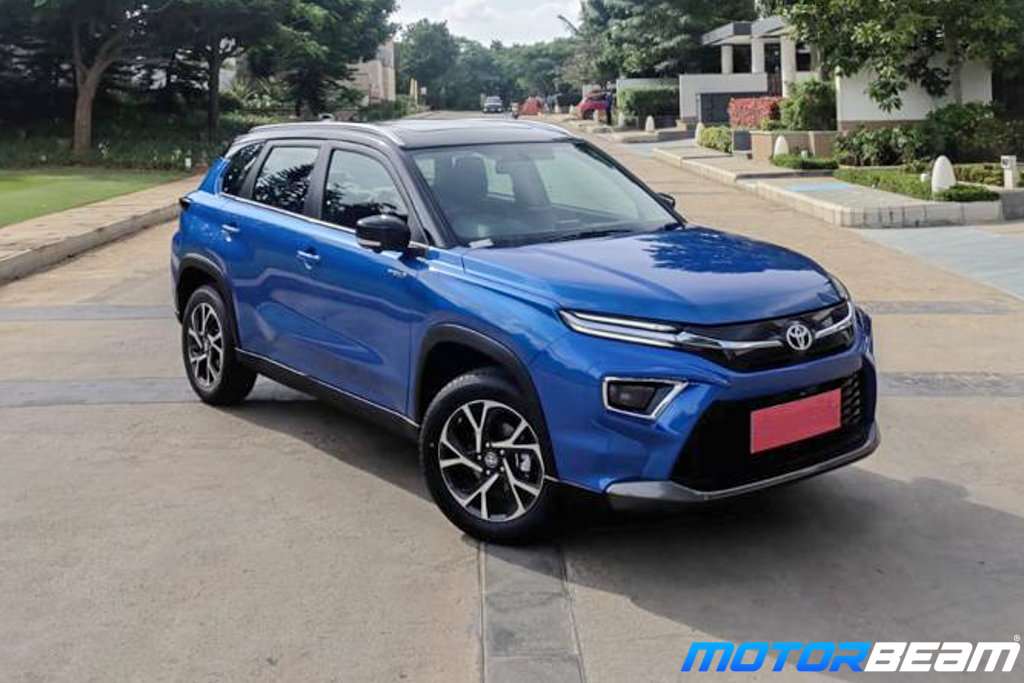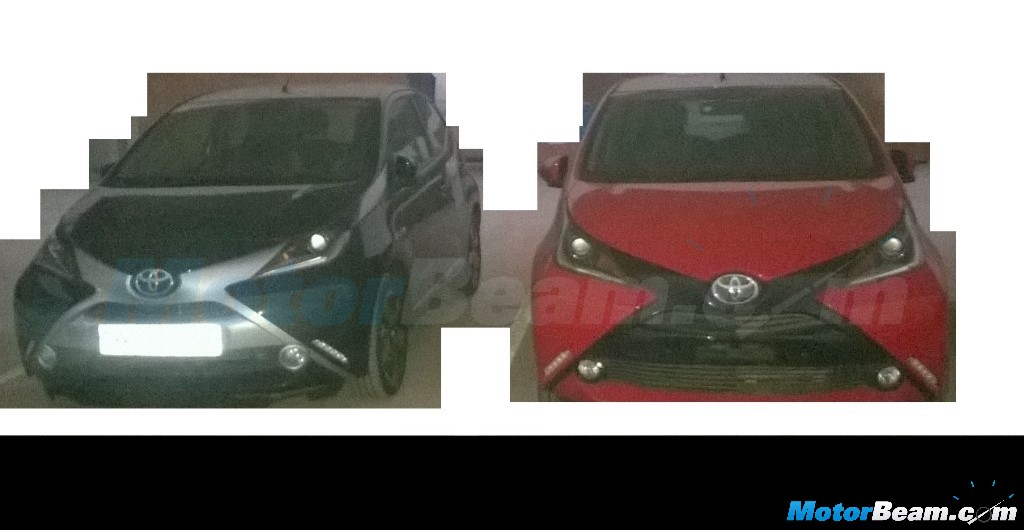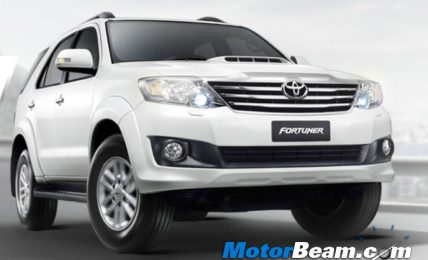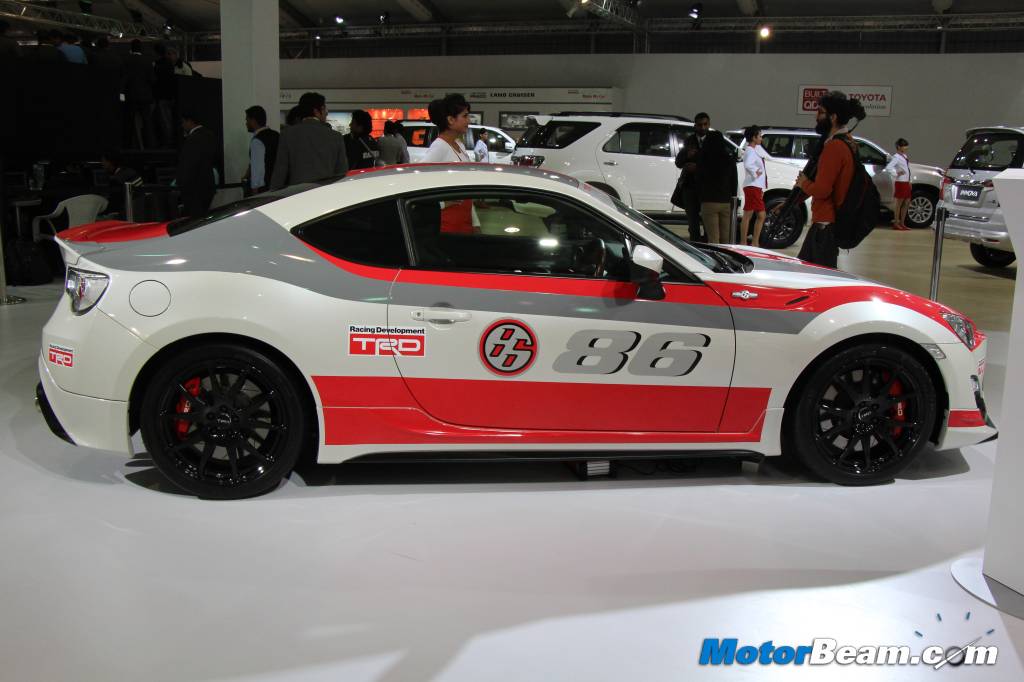
Toyota keen on hybrids, not committing for an all-electric future
As the electric vehicle market shows signs of slowing, Toyota is doubling down on hybrid technology. The company is shifting its focus to hybrid-only models across its Toyota and Lexus lineups, challenging the industry assumption that the future is fully electric.
Here are the key points of Toyota’s strategy:
- Hybrid Focus Over Full EV Commitment
- Toyota is moving towards converting most of its lineup to hybrid-only models, a significant shift nearly 30 years after launching the Prius, the world’s first mass-market hybrid.
- This strategy contrasts with the push by many automakers towards an all-electric future, as Toyota executives believe hybrids offer a practical solution amid slowing EV demand and ongoing technological challenges.
- A Multi-Pathway Approach
- Toyota’s “multi-pathway” strategy includes a blend of hybrid vehicles, EVs, hydrogen fuel-cell vehicles and potential future technologies. This diversified approach allows the automaker to adapt to varying market demands and regulatory pressures globally.
- Gradual Transition
- Toyota has already stopped offering petrol-only versions of popular models like the Camry and plans to evaluate other models, such as the RAV4, during redesign phases.
- The shift to hybrid-only models may take longer for some vehicles, like pickups and entry-level cars, due to cost sensitivity among consumers.
- Hybrid Advantages
- Toyota’s hybrids do not require charging and offer flexibility by switching between gasoline and electric power as needed. Plug-in hybrids, which offer electric-only driving for short distances, are also part of the strategy.
- The efficiency and cost-effectiveness of hybrid technology, which now adds less than $2,000 to vehicle prices, make it a compelling option for consumers and a profitable one for Toyota.
- Compliance with Emissions Regulations
- As emissions regulations tighten in the U.S., hybrids are seen as a way to meet stricter standards without the immediate need for full EV adoption. Toyota’s strong hybrid sales position the company to avoid potential fines and costly penalties associated with non-compliance.
- Market Response and Future Outlook
- With hybrid sales surging, Toyota expects more than half of its U.S. sales to be hybrids by next year, solidifying its market dominance.
- While Toyota invests in EVs and new battery technologies, hybrids are seen as a bridge to a future where multiple vehicle technologies coexist.
- Industry Impact
- Toyota’s strategy reflects a broader industry trend where hybrids are gaining ground as a practical alternative to fully electric vehicles, especially as concerns about EV range and charging infrastructure persist.
- The automaker’s approach could influence other companies to adopt similar hybrid strategies, especially in markets where EV adoption is slow.
Toyota’s hybrid-centric strategy offers a balanced approach in an uncertain market, providing flexibility as the automotive industry navigates the transition to more sustainable technologies.





